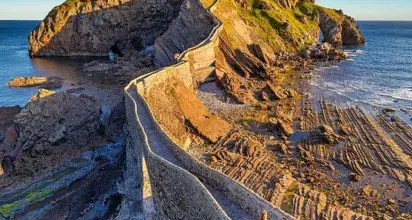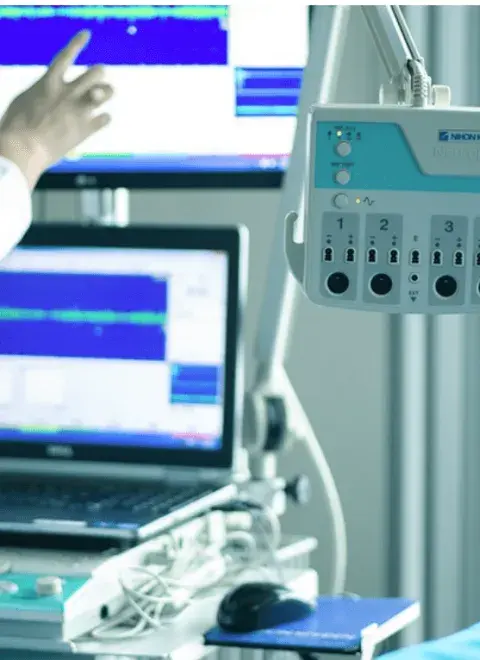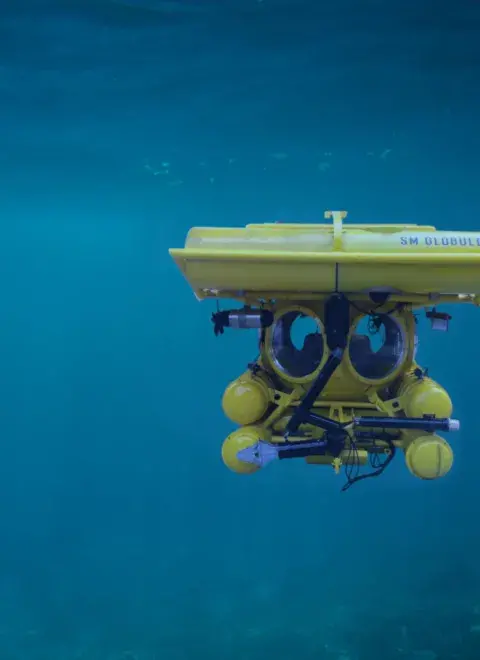
- Blog
Ozeano jasangarriak (kimera ote?) eta Plentziako Itsas Estazioa - Manu Soto eta Ionan Marigomez
The Basque and the sea. We have a cultural heritage in the Basque Country. We are a people looking on to the sea. We receive so much from the sea. It has given us so much and we demand a lot from it. Our influence in the sea is obvious, although it's still largely unknown.
But it’s not just in the Basque Country. Researchers and politicians from the entire world, and especially in the European Union, have decided to look onto the sea, placing the environment as our top priority. This is where we focus different framework directives, including the directives on marine strategy (MSFD), water (WFD) or habitats, among others. Similarly, taking resources into account, the OECD works on different economic approaches to 2030. In this sense, different forecasts show that the value generated by ocean economy in the future could double its current level. However, not everything is as clear as water in this development and there are certain risks and doubts. We have to promote the necessary innovations to foster scientific and technological breakthroughs, their potential contribution to green growth and extensive frameworks to work on ocean management. However, the lines of action that can favour the possibility of long-term development should be studied carefully, to manage the oceans and their natural resources responsibly and sustainably.
At the World Summit on Sustainable Development 2015, the UN Member States approved the 2030 Agenda for Sustainable Development. Of the 17 goals established, number 14 says “Conserve and sustainably use the oceans, seas and marine resources for sustainable development”. In other words, keeping oceans clean, healthy, resilient, and safe to make the most of them in a way that is sustainable and accessible for all.
“Conserve and sustainably use the oceans, seas and marine resources for sustainable development”.
The Plentzia Marine Station (PiE-UPV/EHU) carries out its activities within this context. Our motto (“Ocean and health”) is related to the holistic concept of “One health”, which has become globally extended over the past five to six years. What does that mean? It implies that connections between human beings, animals, plants, and their shared environment are essential to obtain good results in terms of health and well-being. In other words, human health is related to animal health and -ultimately- to the environment. And this conditions how we carry out research, how we evaluate, and how regulations are then formulated. We must understand health comprehensively and we must protect it. To achieve this, it is essential to understand the sea. To achieve this, both basic and applied research must be combined. On the other hand, it's also essential to diagnose, assess, foresee, and evaluate the scope of the damages or the impact on our ocean, and we must search for alternatives for the use and harnessing of our natural resources without repeating past errors (for example, guaranteeing biodiversity, discovering new drugs) and use them in a sustainable way.
We must bear in mind many different variables when assessing and evaluating the health of the ocean. Some are well known: overexploitation (fishing, fossil fuels), transformation of habitats, globalisation, climate change, and pollution. If someone asked us on the state of the sea in our environment, in our experience, we would say it’s not as bad as some would think, but not as healthy as we would like. Considering these threats, new challenges arise. At the Plentzia Marine Station we want to find opportunities to protect the health of the Ocean.
Manu Soto and Ionan Marigomez

Subscribe to Newskampus
And get our latest news in your inbox.




